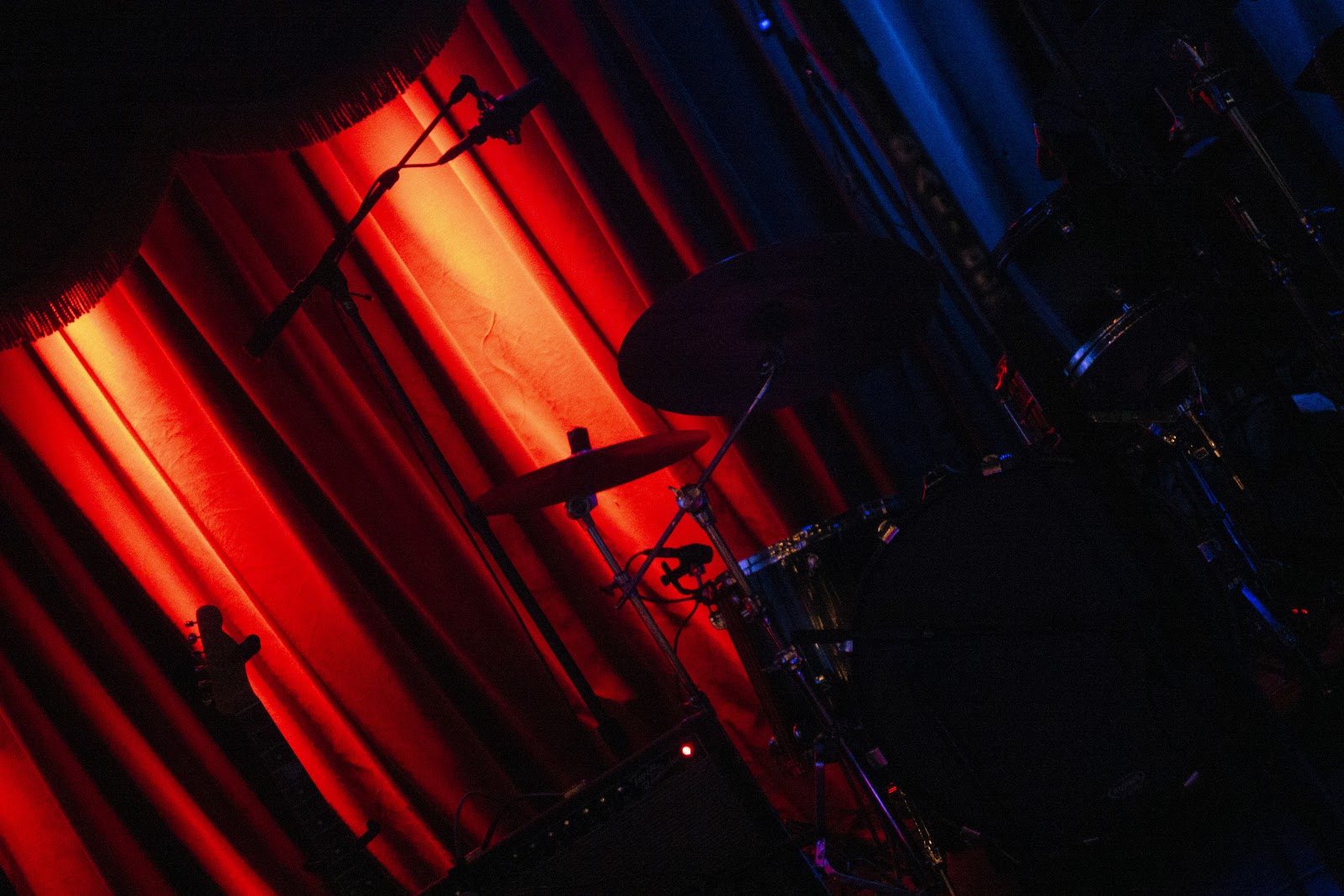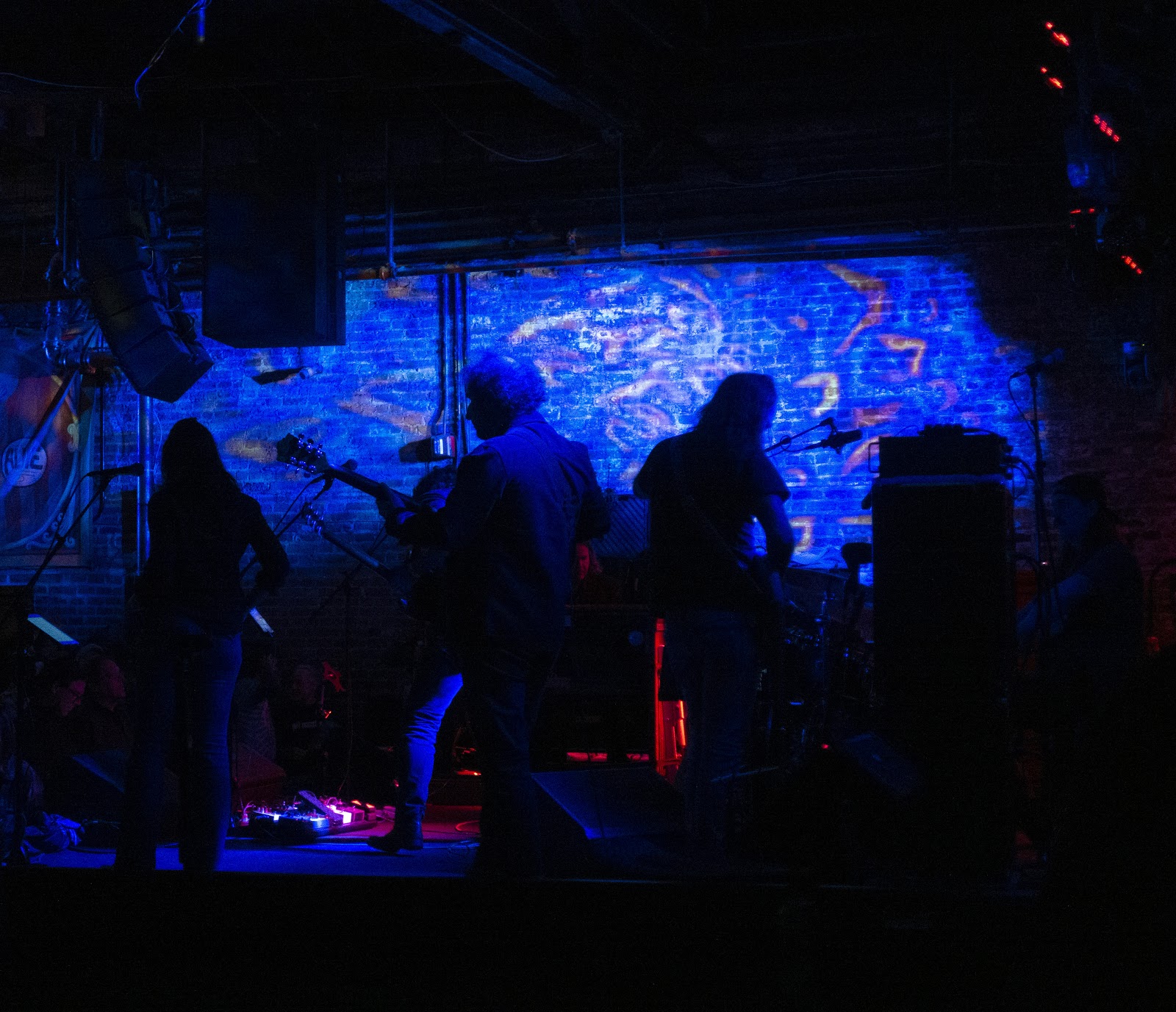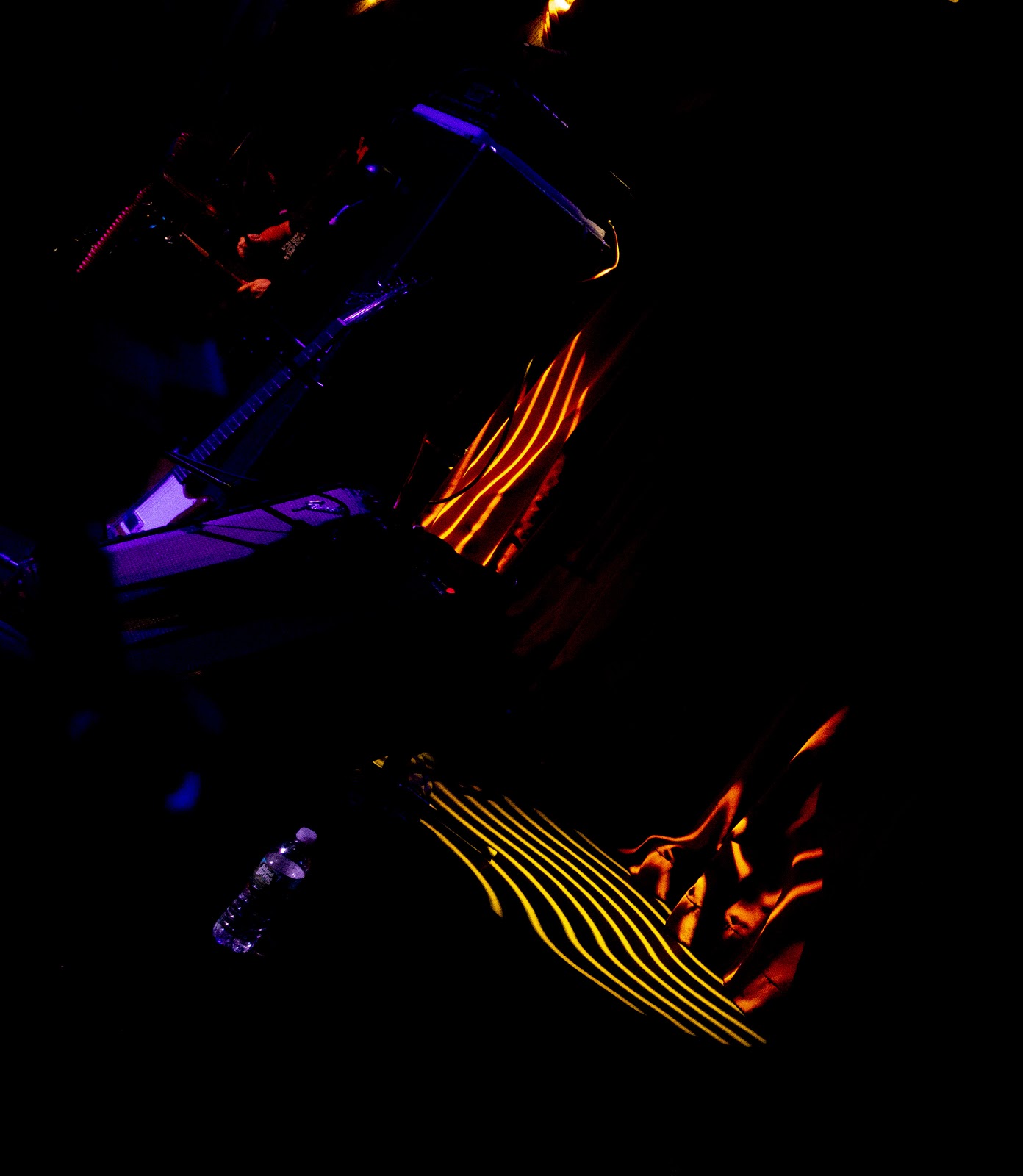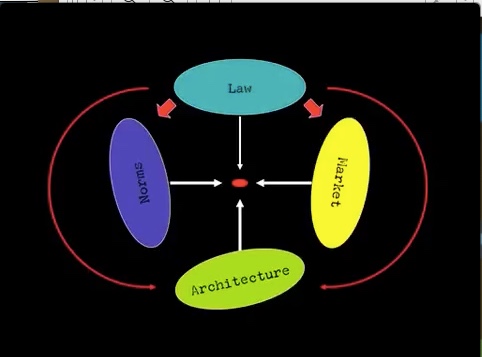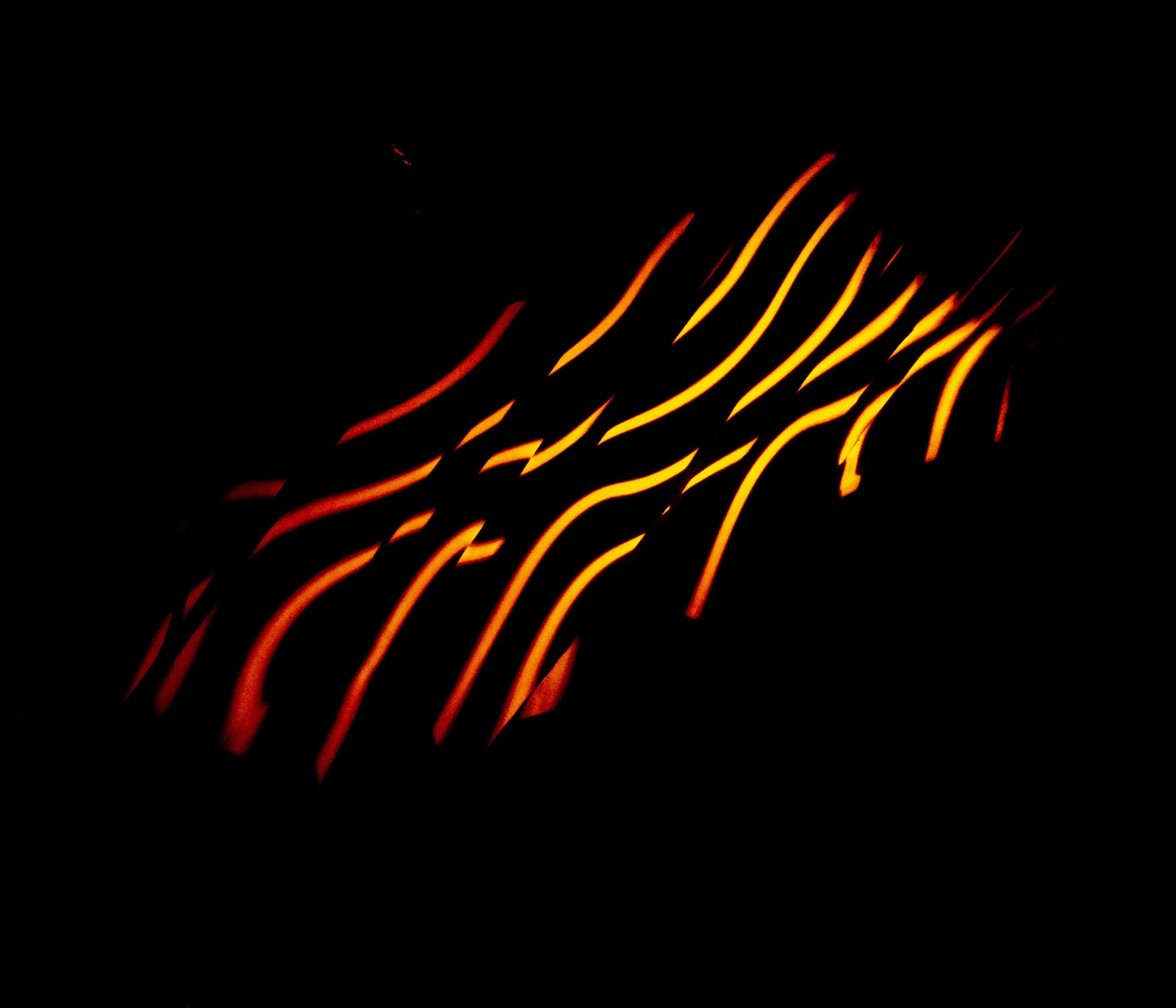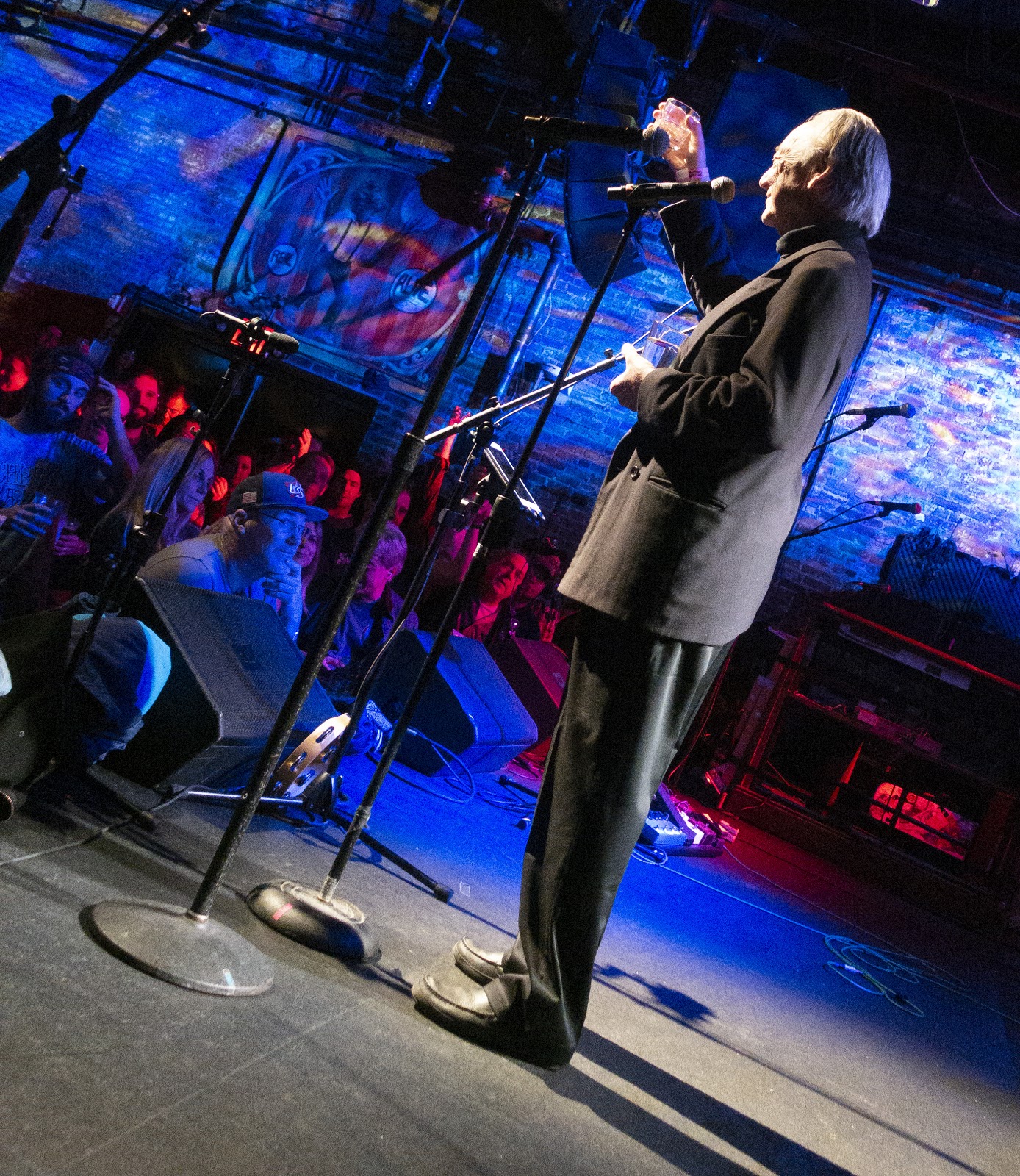A Declaration of the Dependence of Barlowspace
Charles R. Nesson
Universities and schools, on behalf of future generations, I ask you to preserve space for freedom of mind into the future. Only in such shared mindspace will human liberty of thought survive. John Perry Barlow, in his Declaration of the Independence of Cyberspace, spoke presciently of this very space ─ 'Cyberspace is the mind space.' Barlow claimed self-sovereignty in mind space for himself and for all of us.
The exercise of free mind space requires trust. But trust is not an inherent feature of the open net. We must find and build trust within closed classrooms within the wider environment of the open net. Unless the cyberspace of our future contains interior closed spaces in which human trust and freedom of mind can live, truth as we have known it will not survive.
The great universities and schools of the world supported by philanthropy made it their mission to build free mind space in the past. They must make it their mission to build and preserve this space for truth into the future. In Barlow's vision, they must build "a civilization of the Mind in Cyberspace."
Contrast Barlow's vision with Lessig's. Lessig's cyberspace is exogenous, a universe of forces building an ever-tightening internet surrounding and constraining us. Lessig looks out into this dystopian world from the vantage of a 'pathetic red dot', targeted and being crushed by forces of outside control. Lessig is not wrong to be worried. But his focus is the wide-open net.
Barlow's cyberspace is interior to Lessig's red dot. Within that space, we in the universities can create a free mind space for aspiring self sovereign individuals, students of law and the humanities. From the viewpoint of a university in pursuit of truth, we can envision the red dot as anything but pathetic. In classrooms, students can be insulated from and protected from the surveillance and distrust of the open net. They can speak their minds and experience themselves as self-sovereign.
In our university settting, we come together to seek truth. We feel subjectively, individually, that we know what is true and good. We feel justice in our hearts but we are also aware that others differ. In our classrooms, we can subscribe to a common quest for the resolution of difference through free discussion. Our mission must become not just knowledge transfer but the experience of recognizing and transcending bias. Universities must evince and protect their faith in the search for truth through freedom of mind.
Until now, our universities' focus has been on the open net. Their research has created wealth in the marketplace and surveillance tools for government. Now is the time to balance concern for the crumbling hearsay truth of the open net by look inside, reframing the experiential learning process for students as they grow into the new cyber world.
Reification of free mindspace for student minds to grow is critical to preserving truth into the future. If we teach our children how to communicate with each other, they will accomplish more in solving the problems they address. The creation of Barlowspace lies within University domain. The development of framework and code-platform for intercommunication among students and faculty is and must be a university-led research-and-development construction project.
How can university intensify student learning experience so as to express and teach self-sovereignty? What is its spirit? How can it be maintained in the face of corrupting force? Answer: By creating Barlow space classrooms -- spaces protected within a respected boundary of self- imposed constraint. Barlowspace classrooms will preserve freedom of mind.
Many who loved John Perry Barlow and put faith in his vision feel disappointingly overwhelmed by the Lessigian world. To find freedom of mind amid the enveloping surveillance and lurking trolls of the open net has proven to be more difficult than many expected. The game is not over. Create space for freedom of mind NOW. Let us call it Barlowspace in his honor.
eond of c
Threads (live link) Pseudonymous Space
photographs from Barlow's memorial concert and substantial editorial contributions by Fern L. Nesson, my partner and dear friend to John Perry Barlow.

